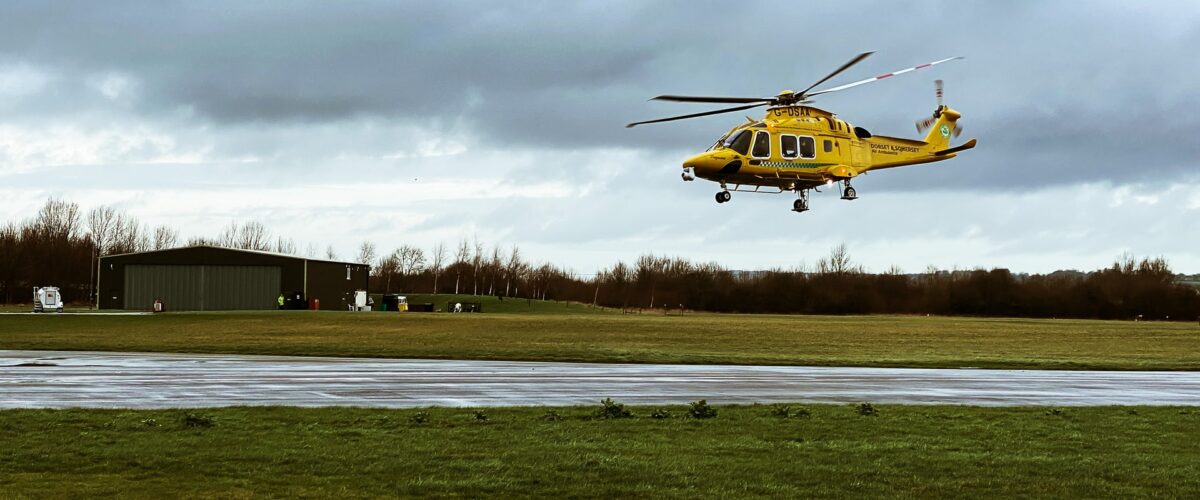Repairing an aircraft part cost effectively and efficiently seems to prove a major stumbling block for the majority of aircraft operators; it’s a headache they’d rather do without. Even the most minor of issues can morph into a situation where an operator is left with a multitude of time consuming tasks: organising, approving, shipping and not least, attempting to keep track of repairs left, right and centre.
Not only does an aviation company need to be capable of sourcing the right parts, but also there’s the actual repair and overhaul (RO), the packaging of unserviceable units and arranging the shipment of spare parts. In addition, a considerable amount of time will need to be given over to obtaining repair status updates and all the other miscellaneous admin that goes hand in hand with the entire process.
Such can be the frustration and complexity of dealing with repairs that it’s quite common for operators to do one of two things; either they stockpile unserviceable parts from their fleets intending – one day – to repair them, or they rush into approving repairs without doing their due diligence and thus end up paying far more than the fair market price for parts. Obviously, neither of these scenarios is ideal.
Get back into the Air Quicker with Efficient Aircraft Parts Repair
When it comes down to it, most operators simply want to get on with their core activities – activities that are crucial to the successful running of their operations – and they want to do so unencumbered by the eternal dilemma of unserviceable parts and repairs.
So, what’s the solution? How can aviation companies carry out maintenance, repairs and overhauls without letting this side of the things overshadow the true reason they’re in business? To be in the air…
It’s probably no surprise that one of the options is to outsource the hard work and hassle. Whichever line of business you’re in, outsourcing can prove invaluable because, quite literally, it takes care of the jobs you hate. Contrary to popular belief, it doesn’t have to prove more expensive either. Indeed, it’s a fact that a number of major airlines have outsourced their repair processes extensively over the last decade and claim to have made savings in airframe work of up to 45 per cent. Handing the repair process over to professionals enables operators to focus their full attention on high level tasks and means the more mundane –but nevertheless important – aspects of their business do not distract them from their core business strategies.
Forming a partnership with a repair specialist means that they’re the ones that do all the grunt work. However, costs can still remain in check as a result of the economies of scale, for example, consolidated shipments and piece parting. Much like a bank might get an individual house buyer a better deal by bundling several mortgages together, a repair partner will be able to group your assets with those of other operators so that everyone benefits from lower costs and a more efficient model. Even better, they also have ownership of each of the steps in the process, from the quoting and contractual issues, to tracking and payment.
Making the decision to outsource therefore might end up being an easy one to take. However, an operator must ensure that they find the right partner: preferably someone accessible, who makes it a priority to respond to enquiries promptly and in person. Moreover, even before an operator has signed on the dotted line, a partner should show willing to run through a couple of hypothetical situations demonstrating how they would drive down costs whilst maintaining efficiency. A really excellent repair partner will also be happy to give you the contact names and numbers of other operators with whom they work.
Finally, don’t forget that if an operator chooses to outsource, it’s for a reason; any competent, trustworthy repair partner should be able to perform their duties on behalf of the operator knowing when not to burden them with unnecessary minutiae, but understanding that there needs to be a certain degree of involvement. It’s knowing where the line is.
After all, the whole point of outsourcing is to shoulder the mental load arising from MRO taking it away the operator. Done well, outsourcing can prove a vital component and even add to the success of any aviation company.
To paraphrase Antoine de Saint-Exupery slightly, what aviation companies want to do is, “fly and release the mind from the tyranny of petty things”.

